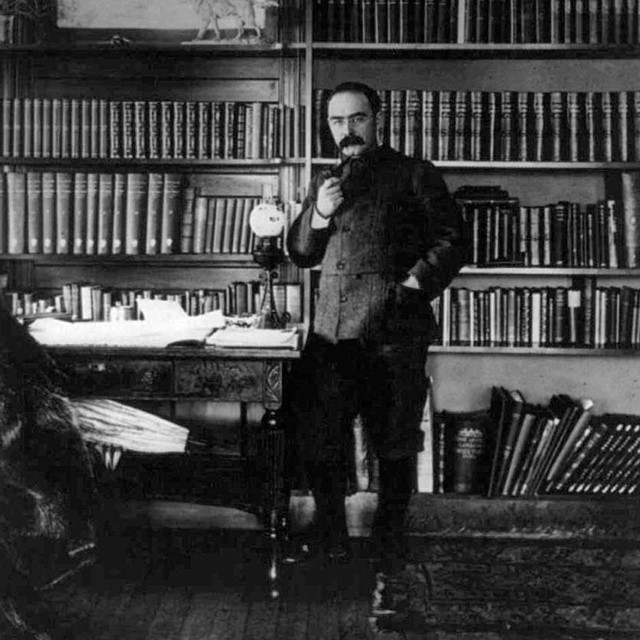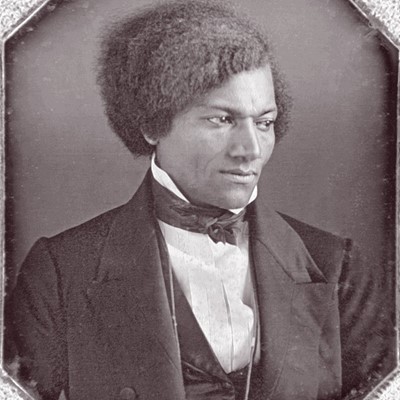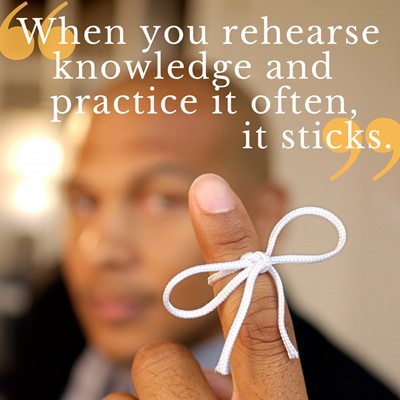
The Buckley School's founder believed that all public speakers should hone their presentation skills by reading poetry out loud. We keep that worthwhile practice alive by including a poem in our magazine each month for you to read aloud. Above, a photo of Rudyard Kipling in his Vermont studio, taken the same year his poem "If" was first published.
"Get your facts first and then you can distort 'em as much as you please."
– Mark Twain's advice to Rudyard Kipling. Kipling was a Twain fan and developed a friendship with him.
He wrote some of the most popular stories in the English language. Yet his depictions of India continue to be controversial with both English and Indian readers.
Rudyard Kipling was born on December 30, 1865, in Bombay. At age 5, he was sent back to the United Kingdom to go to school and returned to Bombay at age 16. For six years, he worked as a journalist in Lahore before returning to London and devoting more time to writing poetry and fiction.
His works include the novels The Jungle Book and Kim. At the age of 41, he was awarded the Nobel Prize in literature—the first English-language recipient and the youngest recipient to date.
Below, one of his best-known poems, one you’re likely to hear at high school and college graduations in the coming weeks.
If
By RUDYARD KIPLING
If you can keep your head when all about you
Are losing theirs and blaming it on you;
If you can trust yourself when all men doubt you,
But make allowance for their doubting too;
If you can wait and not be tired by waiting,
Or, being lied about, don't deal in lies,
Or, being hated, don't give way to hating,
And yet don't look too good, nor talk too wise;
If you can dream—and not make dreams your master;
If you can think—and not make thoughts your aim;
If you can meet with triumph and disaster
And treat those two impostors just the same;
If you can bear to hear the truth you've spoken
Twisted by knaves to make a trap for fools,
Or watch the things you gave your life to broken,
And stoop and build 'em up with wornout tools;
If you can make one heap of all your winnings
And risk it on one turn of pitch-and-toss,
And lose, and start again at your beginnings
And never breathe a word about your loss;
If you can force your heart and nerve and sinew
To serve your turn long after they are gone,
And so hold on when there is nothing in you
Except the Will which says to them: "Hold on";
If you can talk with crowds and keep your virtue,
Or walk with kings—nor lose the common touch;
If neither foes nor loving friends can hurt you;
If all men count with you, but none too much;
If you can fill the unforgiving minute
With sixty seconds' worth of distance run—
Yours is the Earth and everything that's in it,
And—which is more—you'll be a Man, my son!






